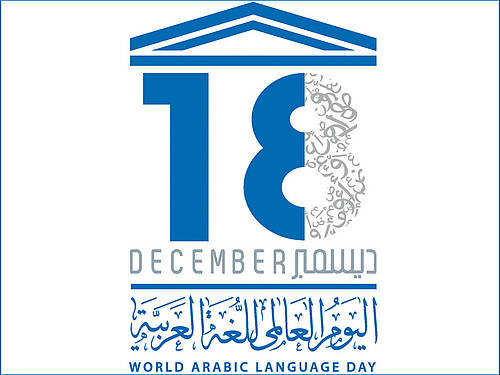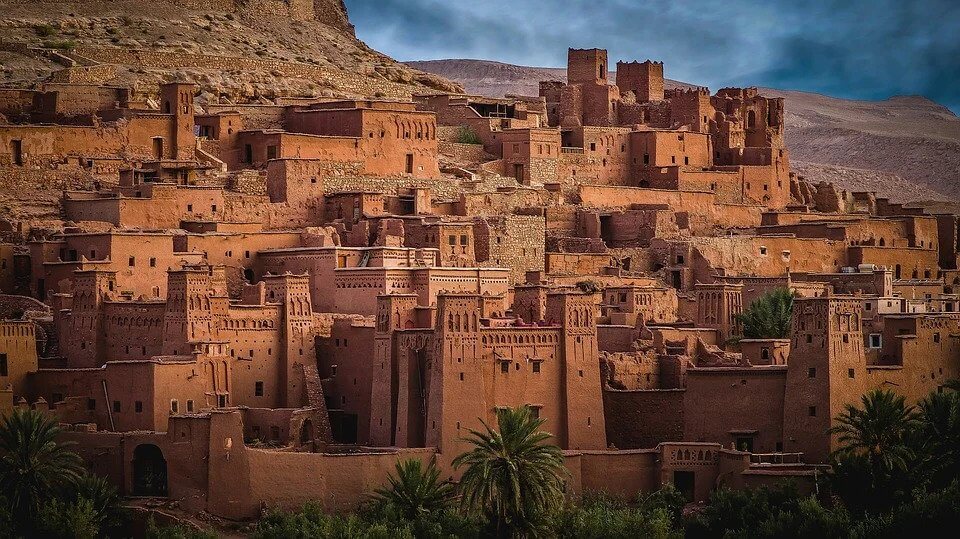World Arabic Language Day: Why and How to Celebrate It?

World Arabic Language Day: Why and How to Celebrate It? Introduction Every year, December 18th marks an important date for speakers, students, and enthusiasts of the Arabic language: World Arabic Language Day. Initiated by UNESCO in 2012, this celebration highlights the importance of a fascinating language that stands among the most ancient, rich, and influential […]


